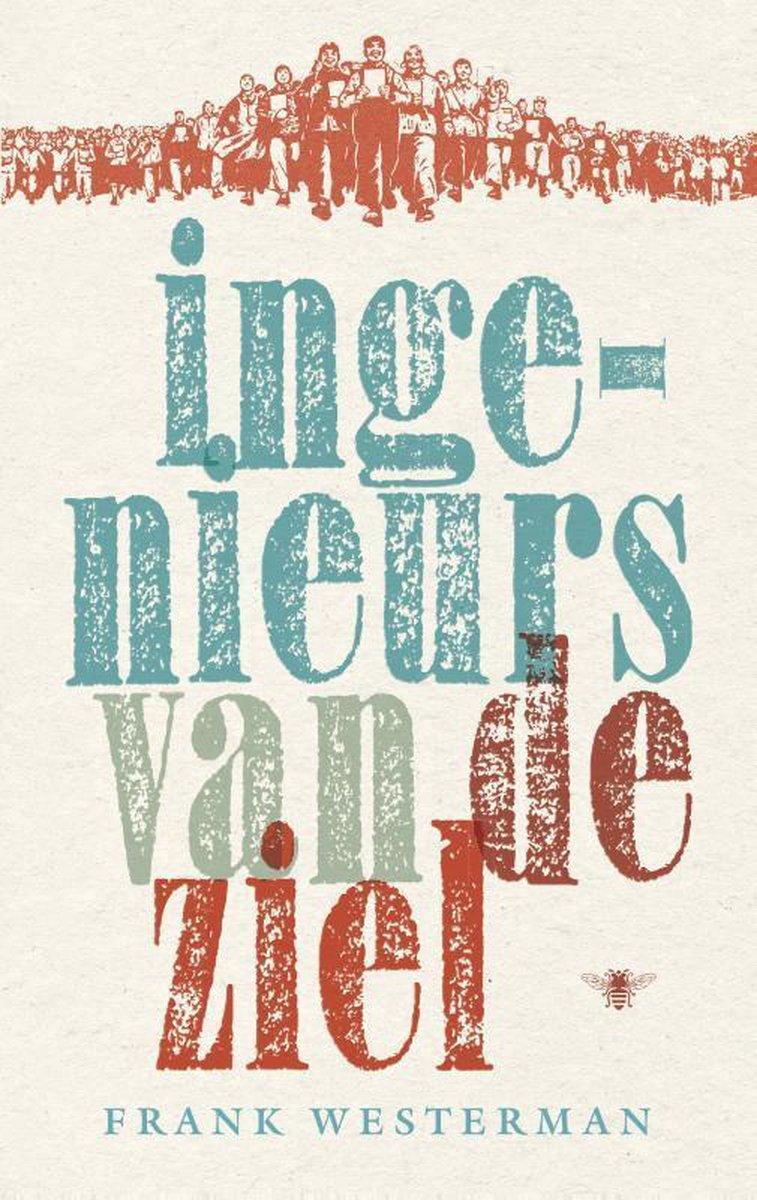Engineers of the Soul
'Engineers of the Soul' is the riveting story of how authors were forced to write in service of an ideology, in this case communism as it was practiced in the Soviet Union. Westerman’s sharp pen combines a fine example of investigative journalism with a dash of literary history. In the book’s ingenious construction he continually contrasts the Soviet past with present-day Russia, leading the reader into a maze of mirrors through 'Absurdistan'.

It was in 1932 that Stalin first used the expression ‘engineers of the soul’ to refer to Soviet writers. It would become a well-known phrase and a feared concept. Together with the actual engineers, these engineers of the soul were supposed to contribute to the definitive establishment of the Communist paradise: by changing the appearance of the country with ambitious waterworks – Moscow Seaport! – and by playing upon the souls of its inhabitants in books in such a way that the New Man would rise up, respectively.
The writers (the liriki) were also given the special task of lavishing praise on the builders (the fiziki): this became a literary-propagandistic genre in its own right, to which Westerman, himself once a student of hydraulic engineering, devotes much of his attention. For this book he undertook two spectacular journeys: the first was to the Gulf of Kara Bogaz, now a muddy bay in the Caspian Sea, but once described by Konstantin Paustovski as a marvel of hydraulic engineering, and the second led through the books – and the lives – of other Soviet writers, like Maxim Gorki, Andrej Platonov, Boris Pilnjak and Isaak Babel.
Paustovski is well-chosen as the main character of this drama in many acts: in the Soviet period he was an intriguing figure, who became a virtual legend with his six-volume autobiography Story of My Life, but in those volumes you will find practically nothing of what Westerman came to learn about his life in the course of his travels. The fact that for this reason Engineers of the Soul also has acquired literary newsworthiness is an additional merit of an outstanding book, which has given writers their history back – at the very place where their freedom of expression was taken away from them.
'Engineers of the Soul' is a beautifully written, well-documented, extraordinarily fascinating book, full of wonderful anecdotes.
Vrij Nederland
Endlessly fascinating, breathtaking. 'Engineers of the Soul' is surprising and original, not to mention meticulously researched and well-written. de Volkskrant
-lionne-hietberg-rv.jpg&w=640&q=75)